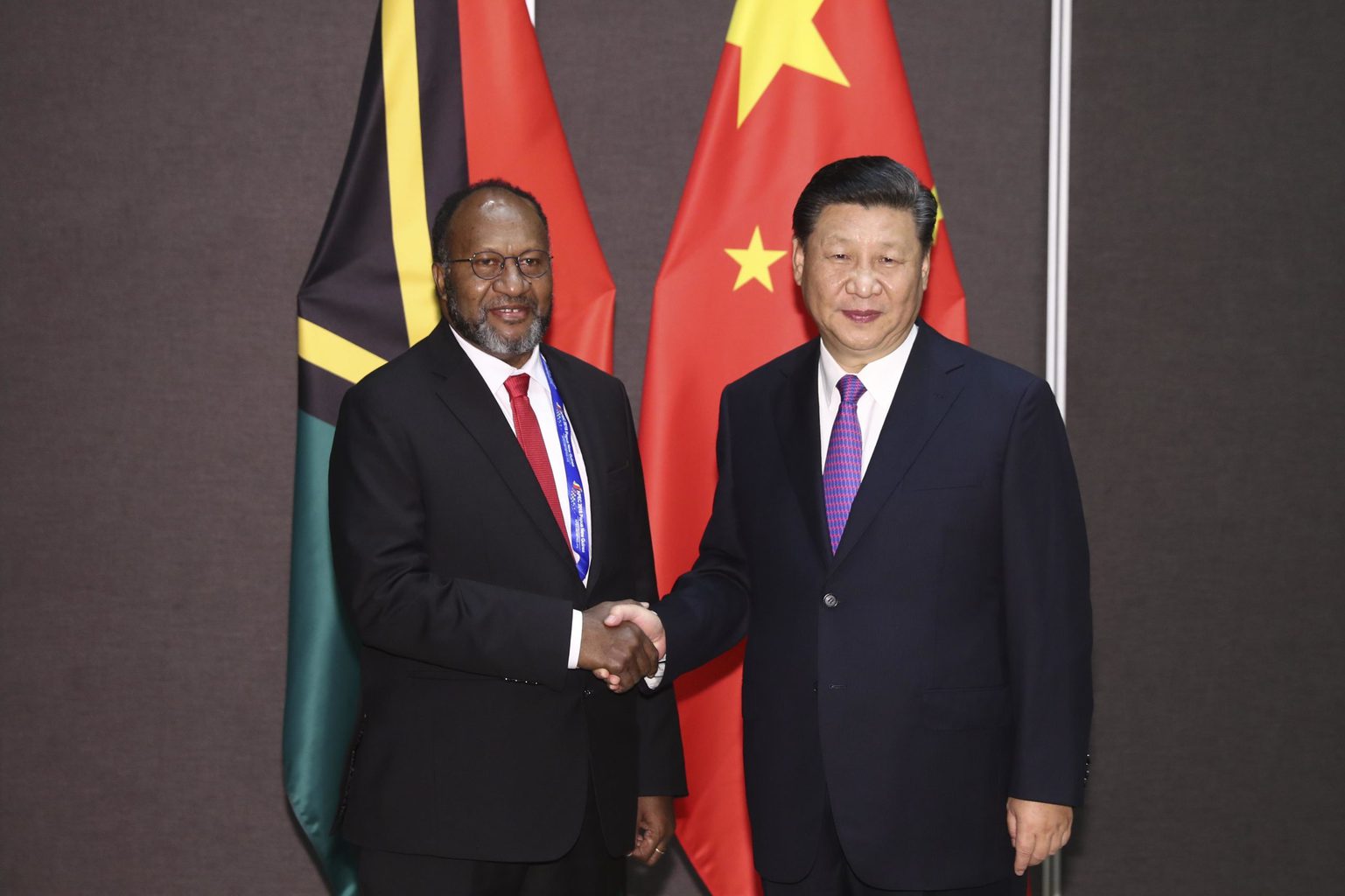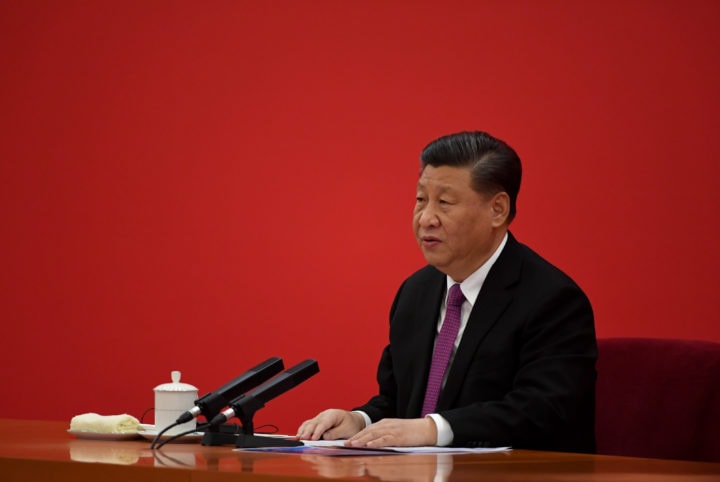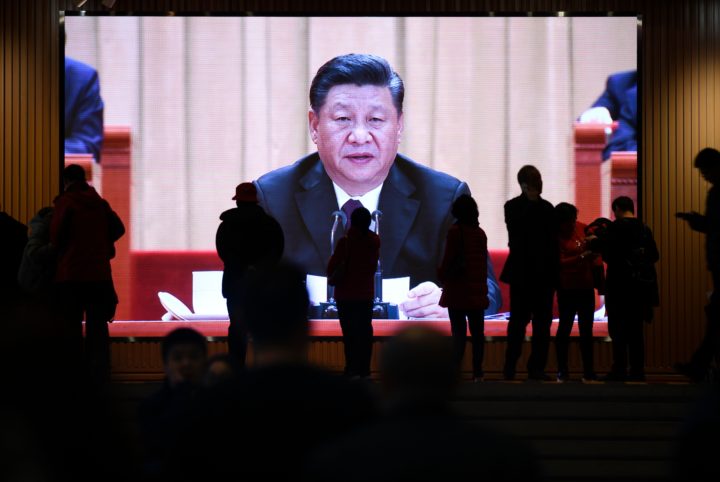
While the United States lacks a cohesive Pacific strategy, China is winning over the inhabitants of the Solomon Islands and Vanuatu, argues David Gilbert and Garry Bruton.
China’s development efforts with Pacific island nations have been described as “payday loan diplomacy” by the new US Ambassador to Australia, Arthur Culvahouse Jr, coming amidst a recent flying visit to the region by senior officials.
But the fact is, China leads the race of winning the minds of the people of these strategically important Pacific islands.
The US could narrow this gap substantially if its development efforts concentrated on what the inhabitants view as critical – overcoming endemic poverty and the very real and visible threat of climate change.
But it must respond quickly and effectively.
Reported as a push against Chinese influence among Pacific islands nations, Mr Culvahouse’s comments coincided with the first visit to the Solomon Islands and Vanuatu by senior United States national security officials in more than 20 years.
For scholars studying entrepreneurship as a solution to poverty in the two island nations, it is abundantly clear that far more than harsh statements and a single visit will be required, if the US government wants to meet its goal to influence the region.
Action versus ‘capacity-building’
Though small and isolated, the Pacific island nations are strategically important, providing control to shipping and natural resource exploration in a region that covers 15 percent of the world’s surface. This is demonstrated by history – the War World II Battle of Guadalcanal fought in the Solomon Islands was a turning point for the Allied Forces against Japan.
Yet the region has largely been ignored and taken for granted by both the US and key allies such as Australia. China, on the other hand, has both invested and encouraged entrepreneurs to migrate to the region (even though the Solomon Islands is one of just 18 countries to recognise the Republic of China or Taiwan).
This direct investment has provided roads, ports, electricity and water systems; Chinese entrepreneurs have moved to the region to establish businesses and hire local people.
In contrast, the US approach of ‘capacity building’ and skills training for government officials has been mired in complaints about local government corruption.
The People’s Republic of China also offers scholarships to Chinese universities, something that does not exist from the US. If the US is to shift the political calculations, it must start to actively engage with the local people and be a partner to improve their lives.

One of the most compelling issues facing any political power wishing to impact the region is grappling with ways of reducing the stark poverty, child malnutrition and corruption, and improving health outcomes.
According to the World Data Atlas, 25 per cent of Solomon Islanders are living on $1.90 a day; in Vanuatu, the percentage is 13 per cent.
Figures from the Asia Development Bank show that a third of children under five years in both nations show stunted growth; in the Solomon Islands, 48 per cent of people live without electricity. In Vanuatu, the figure is 58 per cent.
Addressing poverty
The need to address dire living standards have led to some short-term decisions: the Solomon Islands has in recent years been clear-cutting the local hardwood forests at a rate of 19 times estimated sustainable harvest. It is predicted in approximately five years there will be no substantive forests left to log.
Vanuatu relies far more on tourism than the Solomon Islands and has several high-end resorts, but such resorts are typically owned by outsiders and do not widely benefit the local population.
The key to both nations’ situations is to generate local entrepreneurship to improve their economies. The US, as the largest economy in the world driven by an entrepreneurial, ‘can do’ mindset, must figure out means to share this formidable success with such isolated nations.
This should not mean charity, which does not change people’s lives over the long term. The US government must determine a model that connects the economies of this region in a substantive and sustainable manner.
If not, China’s long-term connections and interactions will undoubtedly prove to be more sustainable and substantive. These long-term connections are ultimately what will determine influence in the region.
Tackling climate change
Underpinning the poverty dilemma is the reality of global warming in the islands of the Pacific. The US must take a lead in global warming. Bot the Solomon Islands and Vanuatu have atolls which are disappearing quickly as the sea rises, forcing people to relocate to lands held by others, causing social upheaval.
Additionally, crops suffer the effects of salt from the sea, cyclones have become more destructive and more erratic and so the island nations of the Pacific suffer the outcomes of global warming by others. The US and China are both major contributors to global warming, with combined global gas emissions 32.1 per cent.
The nation that takes the lead in solving this problem will be the one that matches the needs of the Pacific islands best and so reaps the benefits of such actions.
The US had massive goodwill built up from World War II in this region.
But with the average age of the nations of the Pacific young – Solomon Islands is 20.1 years and Vanuatu is 22.3 years – the ability to regenerate that goodwill will be a challenge.
The young have no memory of prior actions by the US. Nations that partner with the local people to increase their quality of life, economic position, and the environment is the long-term partner that will have the closest relationship with the Pacific island nations for the future.
Arriving late and seeking to pressure others to act in a given way is not a long-term path to success.
Instead, it is a building process that must take place. At present, China leads that race to win the minds of the people of these strategically important islands. If the US does not start to respond quickly and effectively, we fear it will all be too late and China will be seen as the nation that ‘did’ and not just ‘said’.
This article was co-authored with Professor Garry Bruton, Professor of Management, Neely School of Business, TCU. His research focuses on the intersection of entrepreneurship, strategy and international business.


